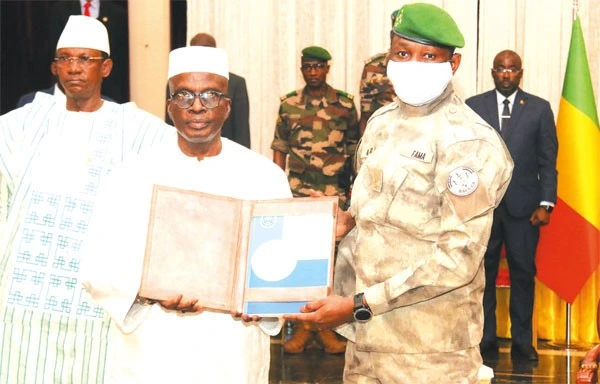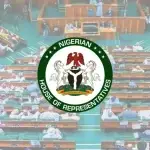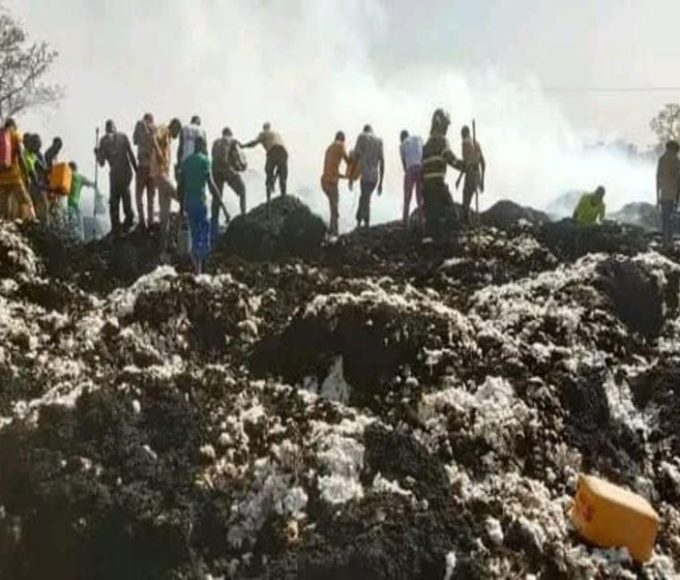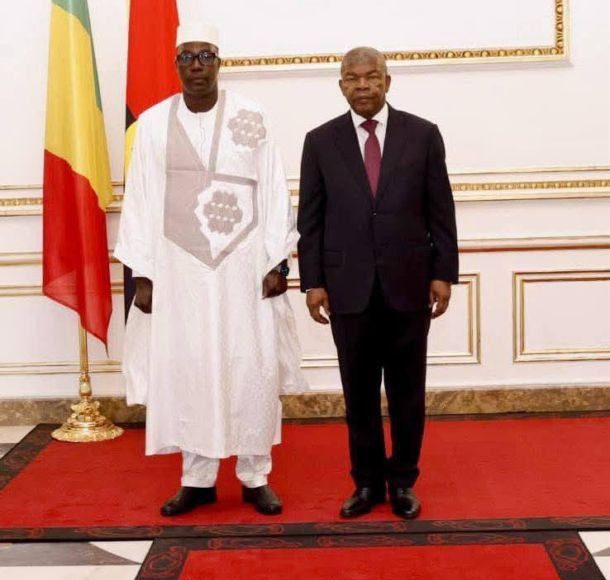
The Auditor General’s 2023 annual report has uncovered over 19 billion CFA francs ($30.4 million) in financial irregularities within Mali‘s education sector.
The findings, presented to President of the Transition, General Assimi Goïta, on November 14, showed mismanagement of state subsidies and violations of financial regulations from 2017 to 2022.
The report identified dysfunctions, including opening 80 out of 192 schools based on fraudulent documents. Of these, 33 schools received subsidies for non-existent students, amounting to 412.86 million CFA francs.
Also, more than 18 billion CFA francs ($28.8 million) were irregularly paid as half-scholarships and alimony under a 1992 decree, even though it was repealed in 1994. The revised decree reserves half-scholarships exclusively for higher education students.
Other irregularities included continued subsidy payments to 294 students who had already completed their schooling, totalling 32.42 million CFA francs. Payments were also made to students enrolled twice in the same institutions and 731 students who did not meet eligibility requirements, costing over 72 million CFA francs.
The report further revealed misallocation of subsidies intended for public institutions but redirected to private ones, leading to a loss of 257 million CFA francs ($411,200). The report described these practices as violations of existing regulations and evidence of mismanagement in allocating public funds.
To address these issues, the Auditor General’s Office recommended stricter oversight, including mandatory registration of private institutions and enforcement of eligibility criteria for student allocations.
The office plans to forward evidence of these financial irregularities to judicial authorities, including the Supreme Court’s Accounts Section and the National Economic and Financial Pole Prosecutor, to ensure accountability and legal action.
Meanwhile, the financial audit of the management of the COVID-19 Emergency Response Project did not reveal any financial irregularities.
The audits were conducted to expose any administrative weaknesses and irregularities in public management, with analyses covering public finances, service quality, and the evaluation of public policies across different government sectors.
President Goïta described the report as a crucial tool for promoting transparency and good governance, emphasising the need for stronger accountability in public resource management. “These findings are urgent calls for action,” he said.
The President called for collaboration between the Auditor General’s Office, judicial authorities, and internal control bodies to ensure actionable outcomes from the report’s recommendations. He also called for a collective cultural shift toward integrity and accountability in public administration.
The audit aligns with his efforts to combat corruption and economic mismanagement.
Read More:
- Tyla Joins Star-Studded Cast Of Sabrina Carpenter’s Holiday Special, A Nonsense Christmas, On Netflix
- Tinubu Submits 2025-2027 Budget Framework to National Assembly, Seeks Approval to Borrow ₦1.76tn to Fund 2024 Budget Deficit
About The Author
Related Articles
Zimbabwe Rejects $350m US Health Deal Over Sovereignty Dispute
Zimbabwe has formally withdrawn from negotiations on a proposed $350 million health...
ByWest Africa WeeklyFebruary 25, 2026Niger’s President Outlines Vision for Strategic Partnership with China
Niger’s Head of State, General Abdourahmane Tiani, has articulated a renewed vision...
ByWest Africa WeeklyFebruary 25, 2026Fire Destroys 140 Tonnes of Cotton in Western Burkina Faso
A major fire has destroyed more than 140 tonnes of cotton in...
ByWest Africa WeeklyFebruary 25, 2026Mali’s New Ambassador to Angola Presents Credentials, Pledges Stronger Bilateral Ties
Diplomatic relations between Mali and Angola entered a new phase on February...
ByWest Africa WeeklyFebruary 25, 2026













Leave a comment